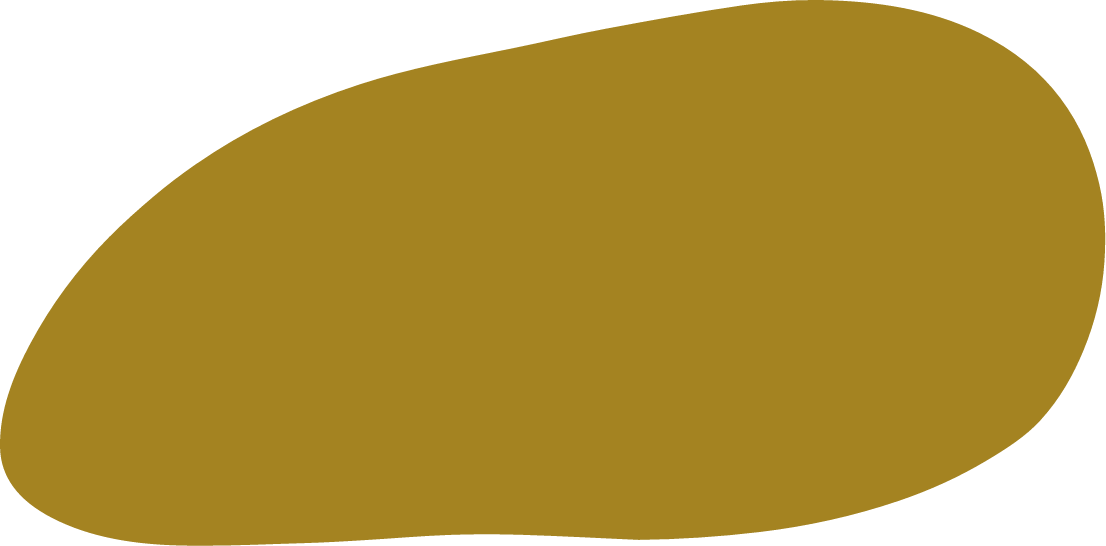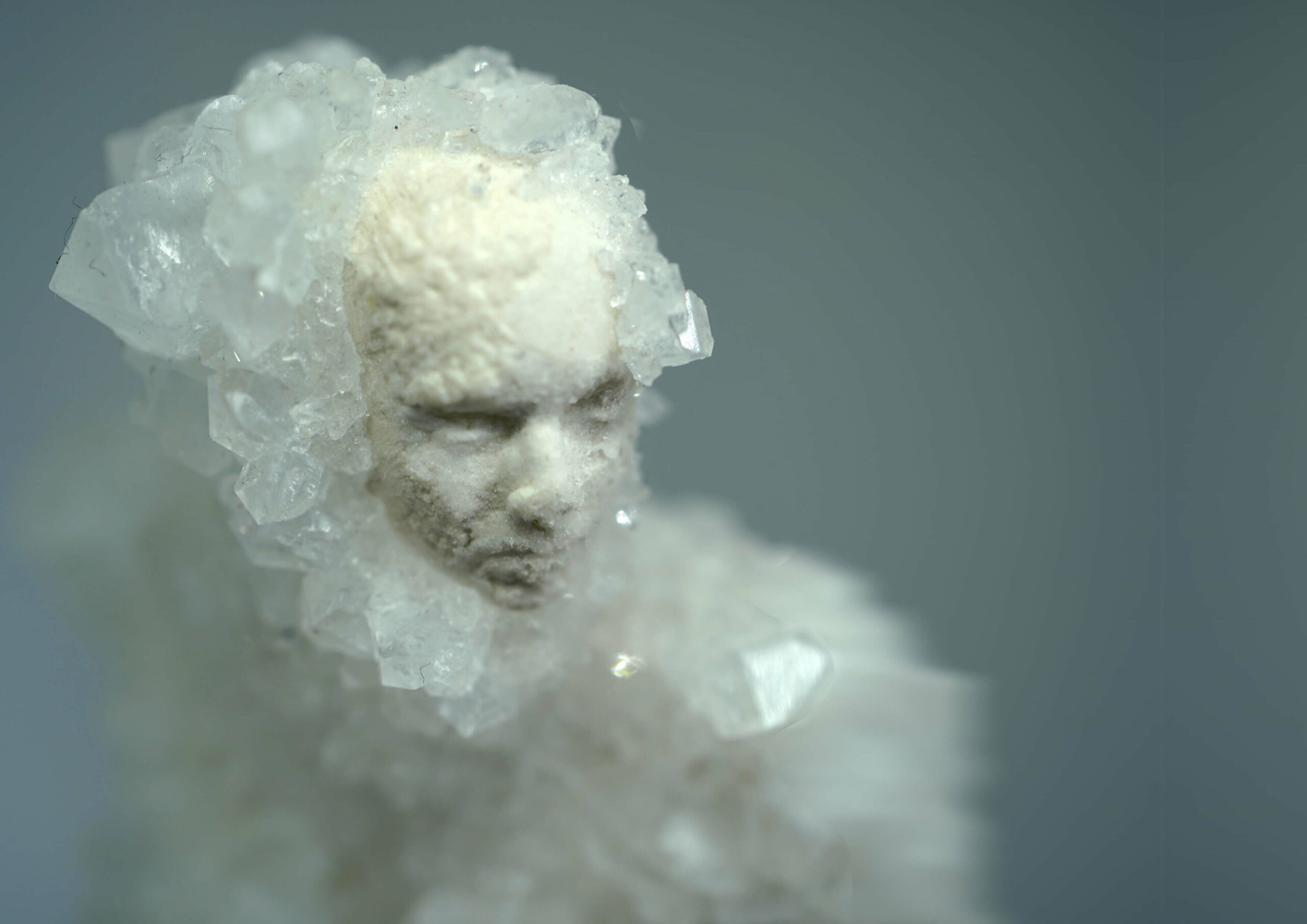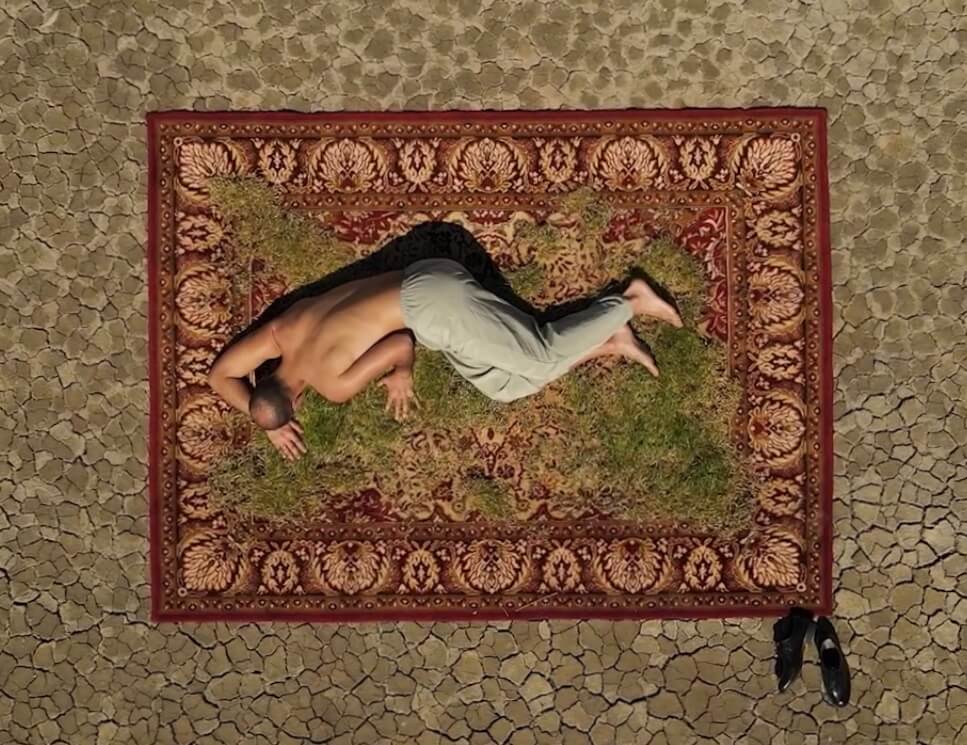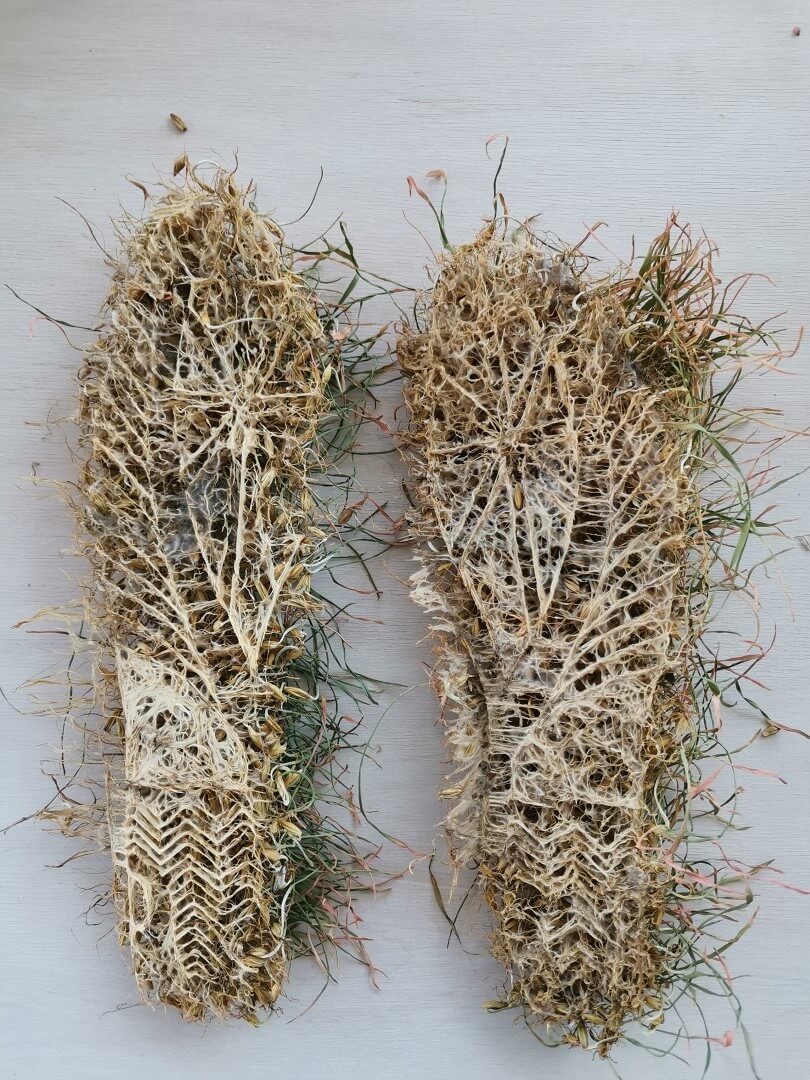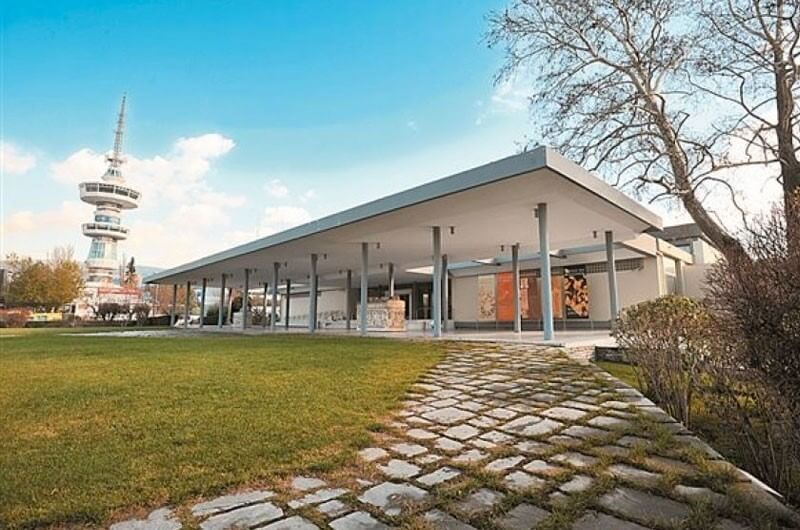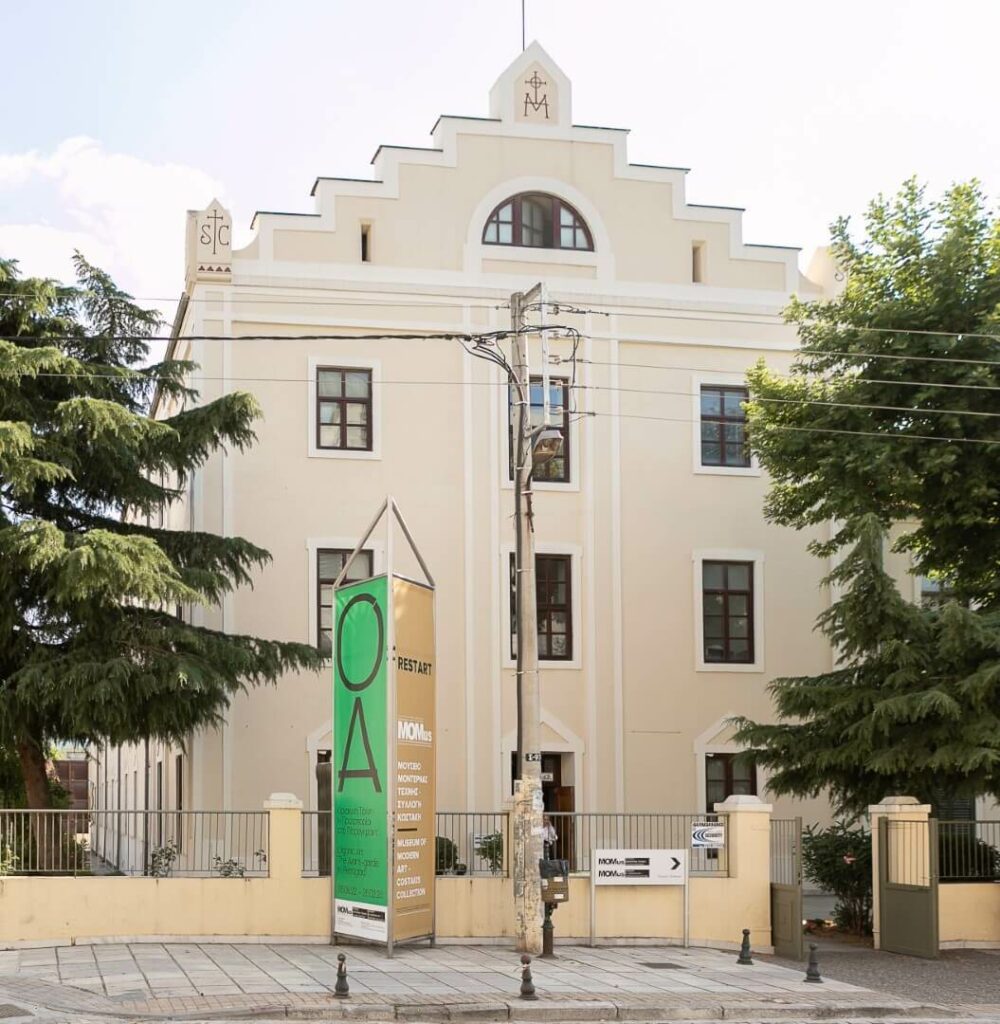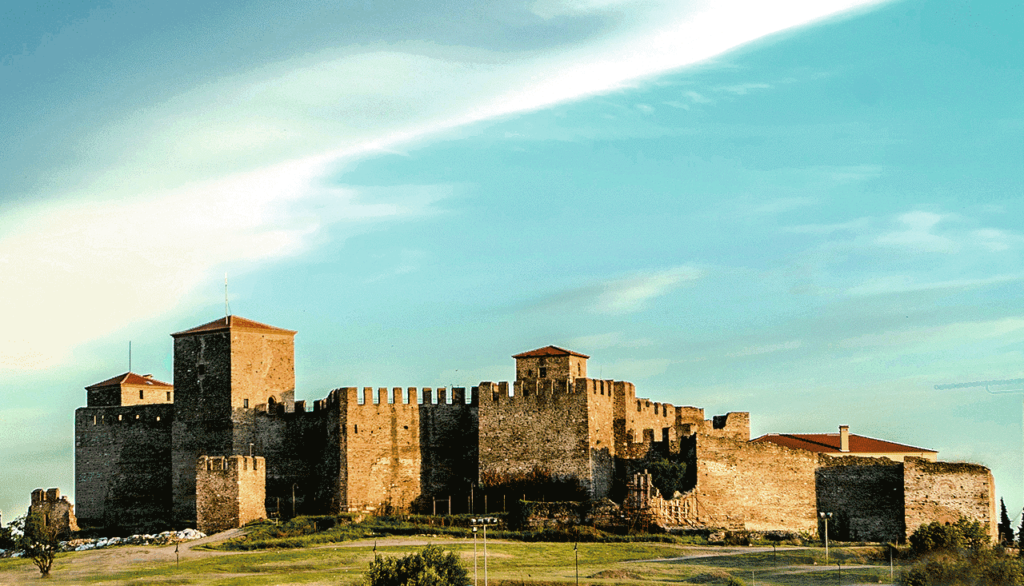In an era where the state of crisis takes on ontological dimensions, the return to the ideals of humanism and to a “slower” past through the criticism of a never-ending progress, the reconnection with the means of production, the re-evaluation of the labor of the production process and the restoration of the relationship between humanity and nature, appear as a way out of uncertainty.
In this context, three female visual artists, coming from different starting points, create -with a variety of media- a collective work in progress, a common place of artistic symbiosis and invite the public to an immersive experience. Contrary to the mechanistic approach that considers nature as something other than the dominant, to be conquered and subdued, in Graceland nature is approached with respect and is given back the magical qualities of the nurturing mother.



